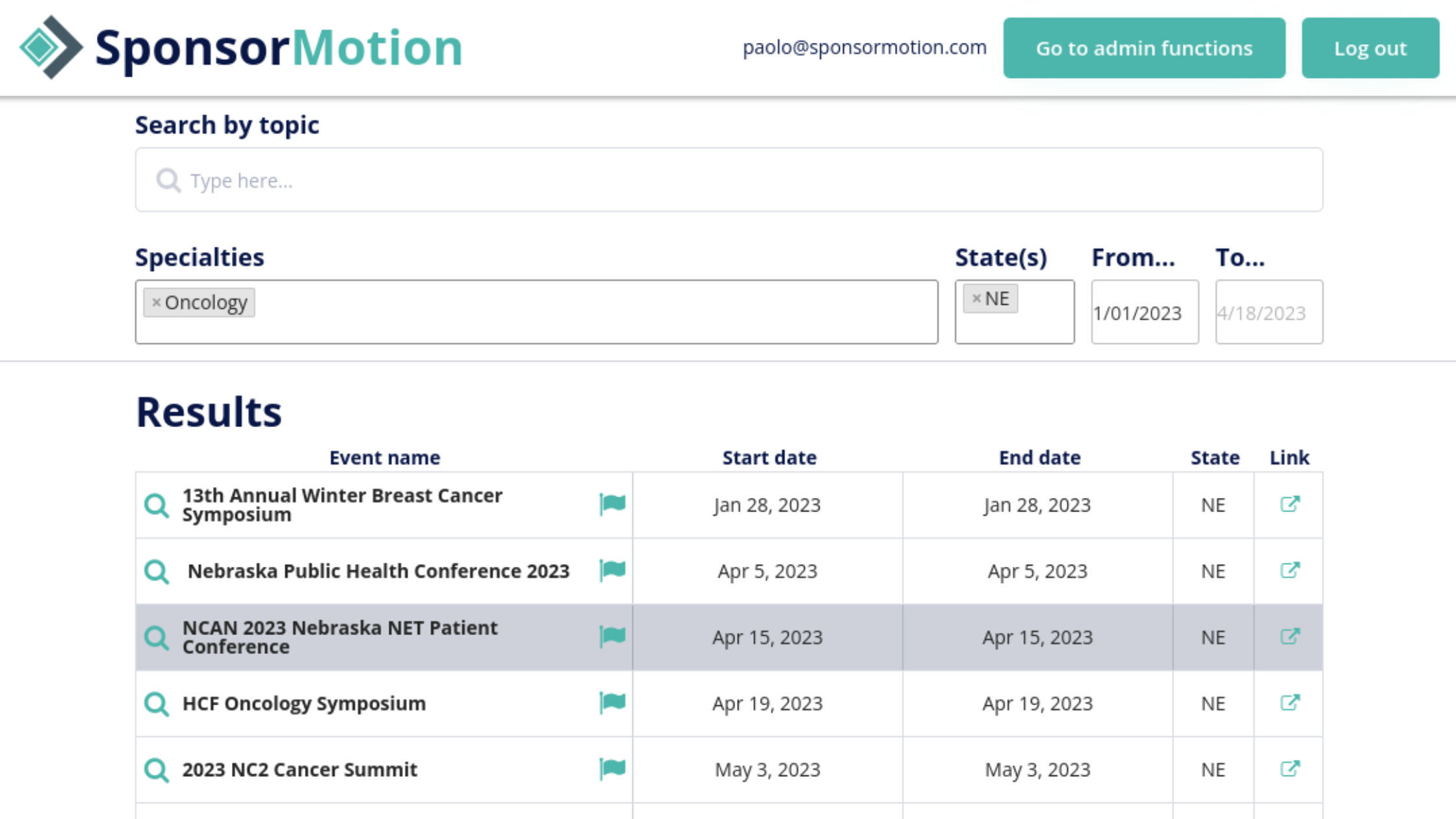AI: Jarvis or Li-Ion batteries?

It's fascinating to see the conversations around AI and how it's shaping our future.
Many people imagine AI research ultimately yielding a Jarvis-like assistant, an all-knowing, disembodied intelligence constantly at our beck and call. However, my bet is that things will turn out quite differently. Case in point: Amazon and Google have been cutting resources from their versions of Jarvis, Alexa and Google Home, as consumers mostly use these devices to ask about the weather or to play music. (My Google Home also plays white noise. Very helpful when I put the kids to bed).
I believe that AI will shine as an enabling technology, similar to Li-Ion batteries. Just as lithium chemistry allowed the mass-production of affordable electric cars, AI has the potential to power tools that cater to specific customer needs across an incredibly broad set of industries. The future of AI is in the back-end, silently optimizing and streamlining processes for businesses and consumers alike, and allowing the automation of many steps that have always been the exclusive province of humans, well beyond automation. The true potential of AI lies in its ability to address niche problems and offer tailored solutions.
A few examples of this quiet, not-quite-headlines-making revolution:
- A half-dozen services offering AI-powered automated contract reviews (see superlegal.ai, lawgeex.com, ironclad.com and more)
- Midjourney is generating tailor-made stock photos (they used to go viral because of strange hands and teeth).
- Beautiful is offering AI-made slide decks (And Microsoft will soon do the same, apparently).
That’s the path we’ve been following at SponsorMotion.
By leveraging OpenAI and similar technologies, we've been able to build a platform that discovers, characterizes, searches, and classifies events for sponsorship opportunities. The platform not only allows our clients to find the perfect events to align with their brand but has also streamlined the whole process, making it more efficient and cost-effective.
AI isn’t on the forefront, but it’s quietly powering a process that would have been impossible to run manually at scale.
Do you have other examples of companies integrating AI in their back-end processes?


